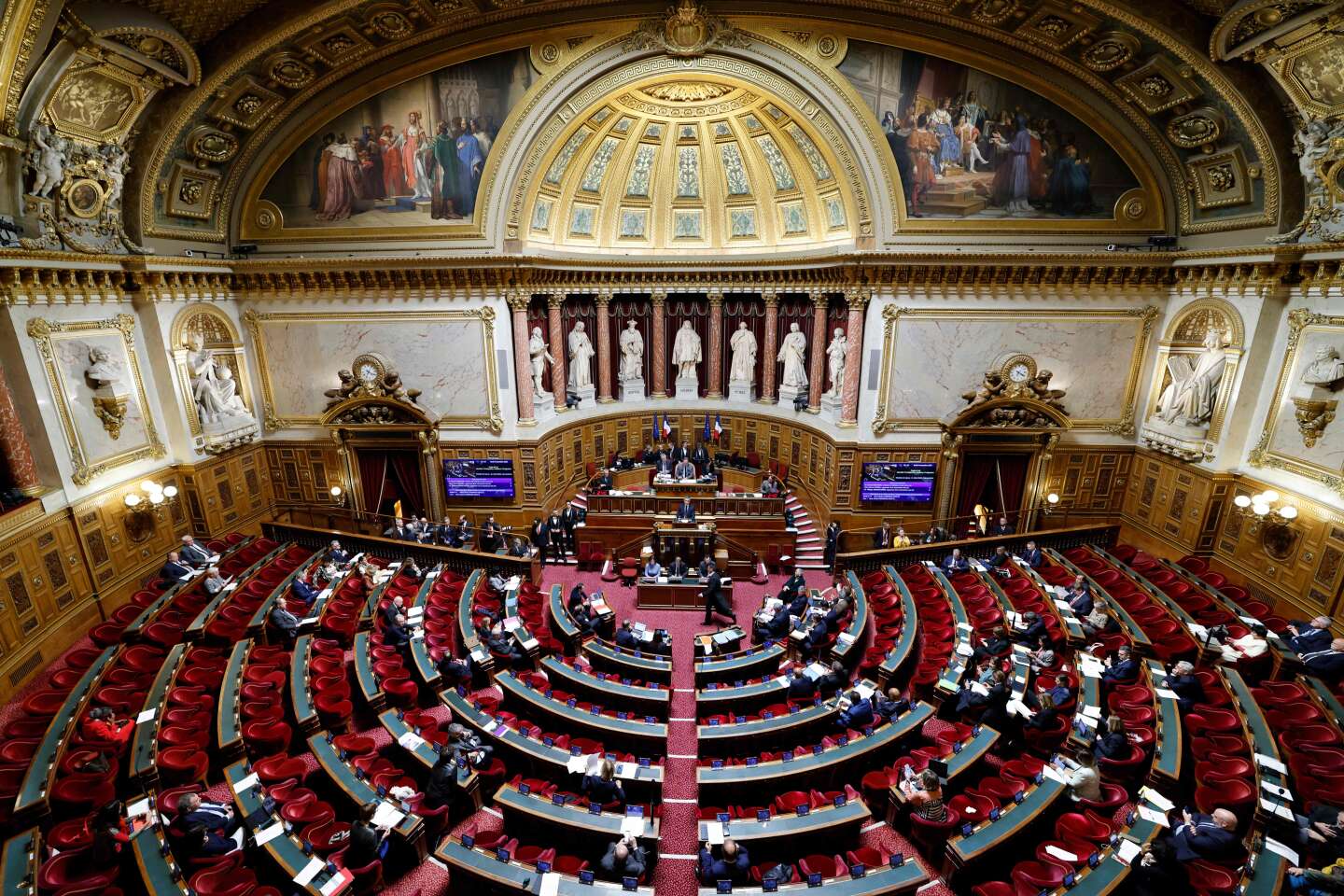


"Sir, are you an invert?" Bernard Bousset, now 81, will never forget hearing these words from a judge, in the mid-1960s. He was appearing in court in Haute-Savoie, in the French Alps, for having an intimate relationship with an 18-year-old, while he was 23. "You took a bath with an underage young man. Why?" said the judge. "There wasn't enough hot water in the boiler to fill the bathtub twice," the defendant replied. The court fined him and ordered publication of the judgment in the local newspaper. "I thought to myself, 'My God, when my father and family read this...'" he recalled. "We were carrying a stigma on our shoulders, the weight of a society that considered us sick, delinquent."
Bousset's story was the first in a series of five published by Le Monde in August 2022, looking back at a time when homosexuality was still criminalized in France, punishable by three years' imprisonment. After reading the articles by Ariane Chemin, Socialist Senator Hussein Bourgi took up the subject. A bill he authored was passed in the Sénat on Wednesday, November 22, to rehabilitate the people convicted and recognize the State's responsibility in this discrimination.
The text provides for the creation of an independent commission to compensate them, up to €10,000. It was signed by all the left-wing groups in the Sénat, as well as the Centrists and the conservative Les Républicains (LR).
Research cited by the Sénat estimates that over 10,000 people were convicted between 1945 and 1982. In 90% of cases, the sentence was a prison term. According to Régis Schlagdenhauffen, senior lecturer at the School for Advanced Studies in the Social Sciences (EHESS), a third of those convicted were married and a quarter were parents.
A paradox
Bourgi became aware of the issue 20 years earlier, at a conference organized in Montpellier for the 20th anniversary of the law decriminalizing homosexuality (1982). "That day, I listened to the litany of testimonies from these convicted people, their suffering, their anger, these lives shattered by police intrusions, the public humiliation of these press articles giving the names of those questioned, for the sake of scandal," said Bourgi. "I discovered a little-known page of French history. For example, the story of Michel Chomarat from Lyon, who was convicted because he was found in a gay Parisian nightclub, Le Manhattan. He reminded me recently that the last witnesses are dying."
The decriminalization of homosexuality is the story of a paradox, pointed out Senator Francis Szpiner, a former criminal lawyer and rapporteur of the bill. Although France was the first country in the world to abolish the offenses repressing homosexuality in 1791, the Revolution's achievement was challenged by the Vichy regime in 1942, when sexual relations (an "indecent or unnatural act") with a "minor" of the same sex were prohibited.
The criminalization of homosexuality was confirmed at the time of the Liberation by a statute written by the government on February 8, 1945. In 1960, the legislation was toughened: Homosexuality was defined as a "social scourge," on par with alcoholism and prostitution, and penalties were doubled for "public indecency committed against persons of the same sex." Two women or two men could face up to three years' imprisonment and a fine of 15,000 francs.
It wasn't until François Mitterrand's election as president in 1981 that the "offense of homosexuality" was repealed. The Forni Law of August 4, 1982, championed by the lawyer Gisèle Halimi and supported by Justice Minister Robert Badinter, put an end to discrimination against homosexuals.
Recently, a number of countries – Spain, Canada, the UK, Sweden and Germany – have passed rehabilitation and compensation laws. On November 13, Austria's Minister of Justice Alma Zadic (Greens) announced that some 11,000 convicted gay men would be eligible for compensation if they came forward.
